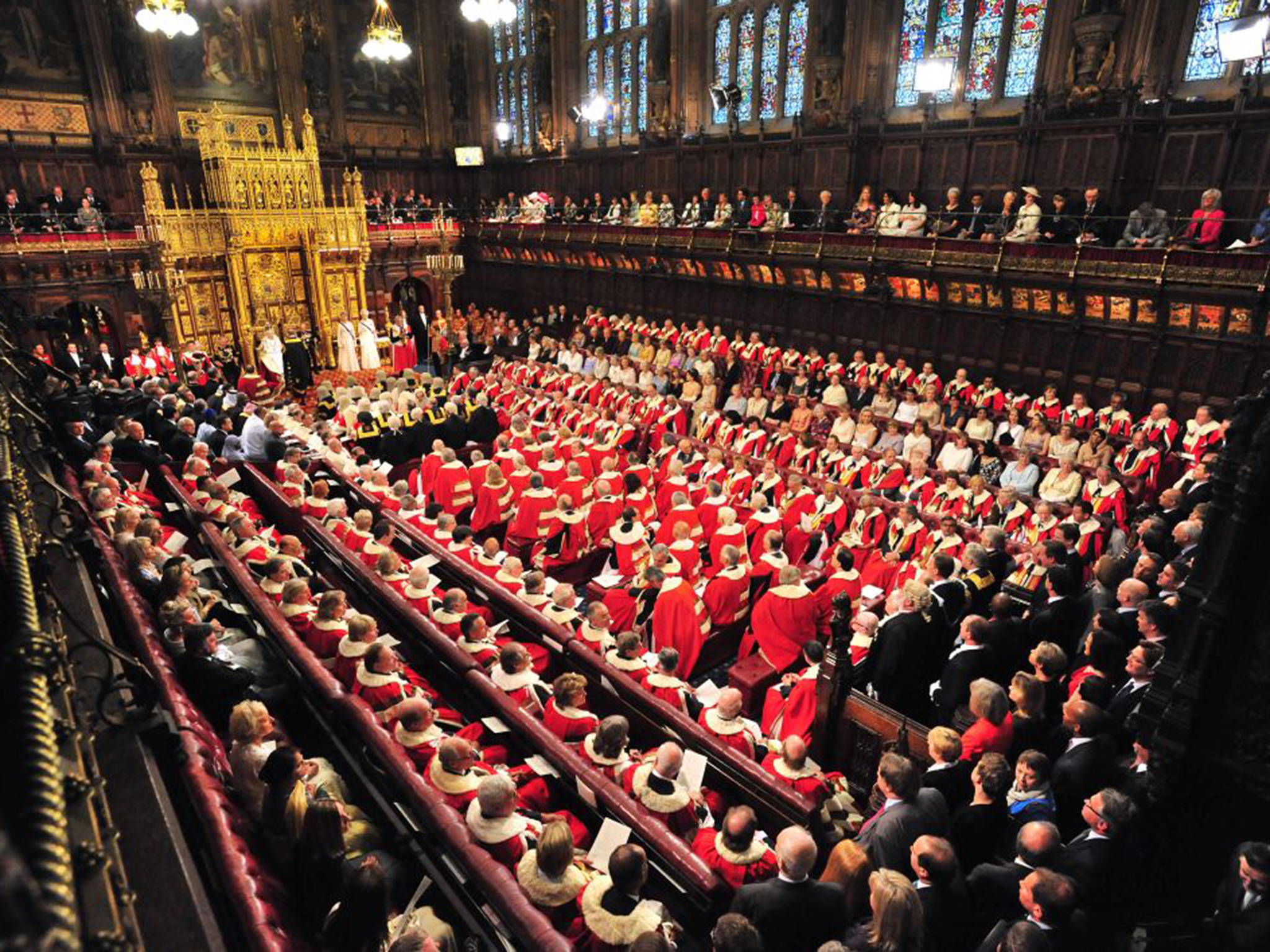It is hardly surprising that the decision by the House of Lords to pass an amendment led to howls of protest from some. The by now familiar lines about ‘the will of the people’ seemed to have an extra edge when the amendment in question was proposed by the unelected house of Lords. Indeed there was a supreme irony in seeing some peers opposing the amendment speak of how they did so because of a belief in ‘democracy’, as they sat unelected in the upper house of Parliament able to claim £300 off the taxpayer in expenses for each day they attend. Nonetheless, I feel this episode illustrates perfectly the vital role the House of Lords plays in our constitution and, ironically, in the functioning of our democracy.
First, to the specifics of this bill. Few people seriously believe the rights of European citizens already here to remain in Britain after we leave the European Union will not at some point be guaranteed. Nonetheless, this might seem little comfort for these migrants themselves, and thus a guarantee from the government would be welcome. It was therefore right not only morally for the Lords to propose this amendment but also practically, showing the Prime Minister what her immediate priorities should be when negotiations begin with the EU as they shortly will. By raising the issue it has been placed firmly on both the PMs and the EUs agenda, and it is to be assumed that the rights of EU citizens will be guaranteed shortly after negotiations begin, hopefully in return for a similar guarantee for British migrants living in Europe. Should this take place, the Lords would be entitled to at least a small share of the credit.
Secondly, to the House of Lords more generally. Reforming or abolishing the upper house has been a political issue since the days of Oliver Cromwell in the mid-1600s, yet it still remains, and is one of the largest unelected legislative bodies in the world (in the dubious company of the Chinese National People’s congress). The powers of the Lords are, however, limited by various Parliament acts. Furthermore, by virtue of being unelected they are less inclined to follow public opinion, and able to flag up important, if unpopular, issues with pieces of legislation and ask the commons to think again. Thirdly, in an age of dissatisfaction with career politicians, it must be to the credit of the Lords that alongside former MPs and ministers sit people from a wide range of different fields. In scrutinising commons legislation these people can deploy their accumulated expertise. Finally, while some on the extreme right and the left seem to want knee jerk decisions made as quickly as possible the presence of a second chamber is vital to ensure issues with legislation can be flagged appropriately. For all these reasons then we best hope the Lords is here to stay, as this recent amendment proves.
Alex Passingham
(Image courtesy of The Independent)

